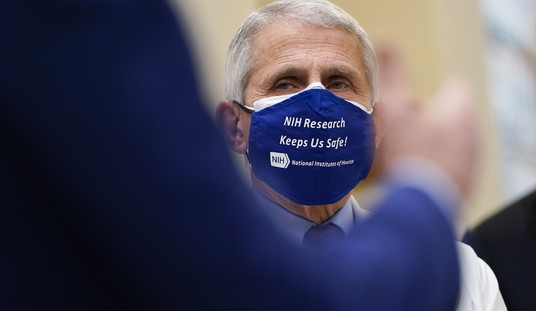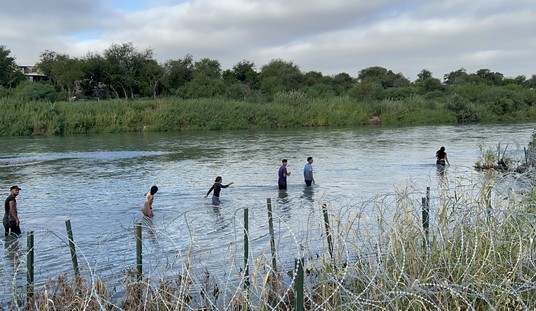Scientists have discovered a hitherto-unknown oil-chomping microbes in the cold, briny depths of the Gulf of Mexico. As a result, it’s difficult, if not impossible, to find free oil out in the Gulf, either on the surface or in a subsurface plume, a little more than a month after the flow from the Macondo well was controlled.
If you’re a bacteria, the BP spill was like Thanksgiving and Christmas dinner all in one. Nom-nom.
Which really shouldn’t come as a surprise to one who knows a thing or two about the natural environment of the Gulf. Given that a million or so barrels seep by natural processes every year into the Gulf, one would expect that specialized organisms would evolve to process it.
But it did come as a surprise to the professional hand-wringers, the environmentalists whose predictions come in a predictable mode (dire) and whose emotions know only a single chord (panicked). The same environmentalists whose “progressive” politics and thirst for control trump their commitment to scientific truth.
Note the parallels with the Climate Change debate. Just as the Gulf of Mexico ecosystem is vast and largely unknown to science, so the worldwide climate system and the interactions of the atmosphere and the oceans are poorly understood. The predictions of the Climate Changers can never be nailed down. The goalposts are constantly shifting.
Those skeptical of the cataclysmic predictions for the BP spill have been vindicated, and it’s taken just over three months. The worst consequences have been self-inflicted, by a hysterical media community and an Administration in Washington who latched onto the spill as a pretext for making the oil industry its whipping boy.
I’m willing to bet the AGW crowd is wrong, too, but it takes generations to prove it. They have designs on hog-tying the U.S. economy; they’ve gone all-in at this point, and they’ll be damned if they let little things like facts get in the way of their policy juggernaut.
Newly discovered microbe is eating the Gulf oil spill
Terry Hazen, a microbial ecologist at the Lawrence Berkeley National Laboratory who published a groundbreaking study of microbial activity Tuesday in the online research journal Science Express, has had a team of researchers out in the Gulf since May 25 collecting water samples. They noticed a dramatic drop-off in the amount of oil in the Gulf immediately after the well was idled July 15, and now they can’t find any oil in the ocean.
“In the last three weeks we haven’t been able to detect a deep plume anywhere,” Hazen said. “We can’t see it now. We can’t see anything at the surface. We can’t see anything in the deep subsurface either.” [emphasis added]
…
Meanwhile, Hazen’s team of researchers believe that the large amount of natural oil seeps in the area have helped the bacteria to adapt to oil in their environment over a long period of time, so when the BP blowout came long, they thrived. Even as the amount of oil in water increased the longer the well flowed, microbe levels remained constant, suggesting that they were able to keep pace with the oil.
“The bugs in this area have become adapted to using oil as a carbon source,” Hazen said.
Cross-posted at VladEnBlog.













Join the conversation as a VIP Member